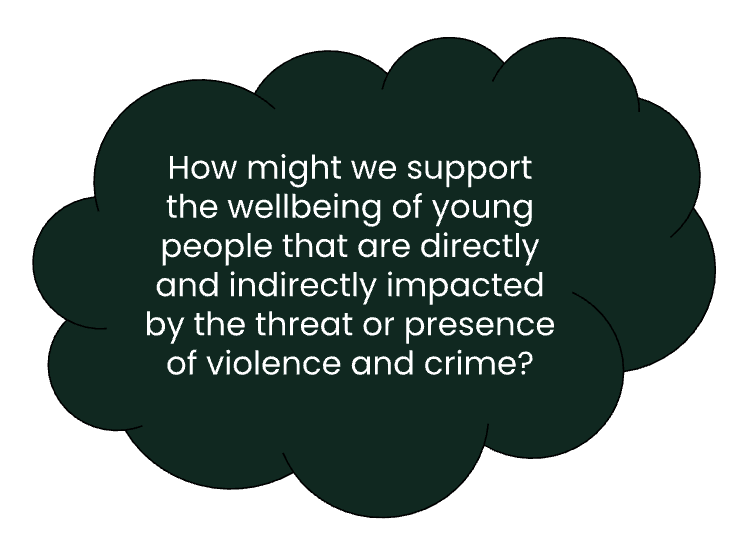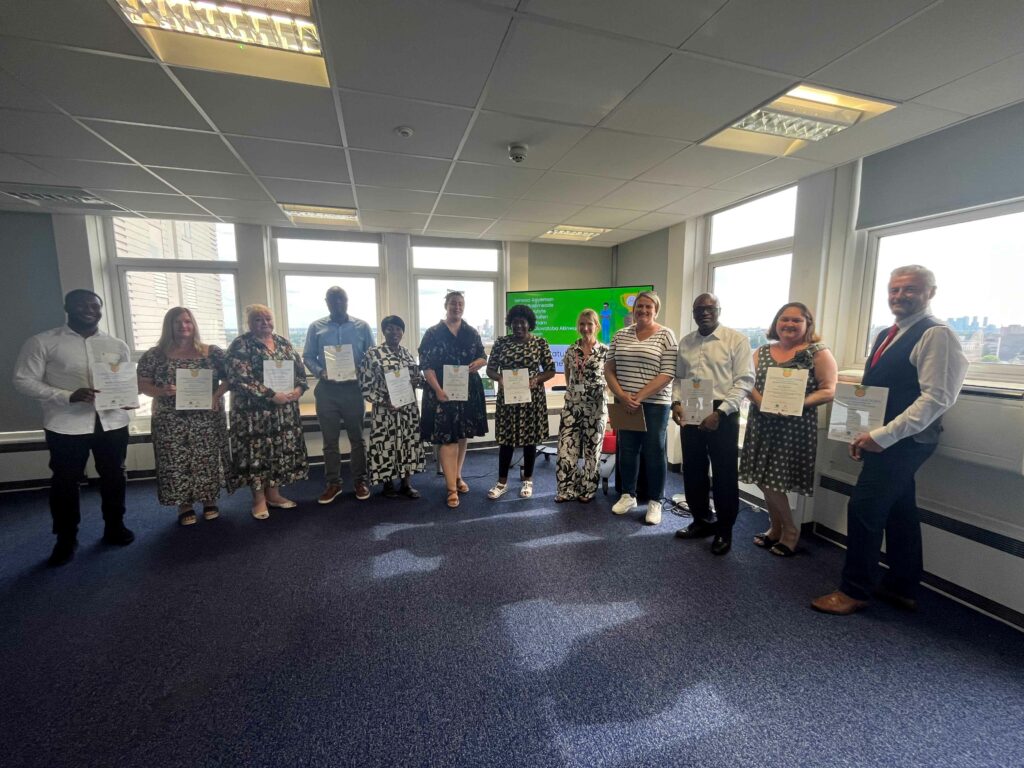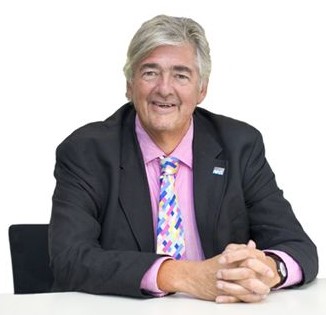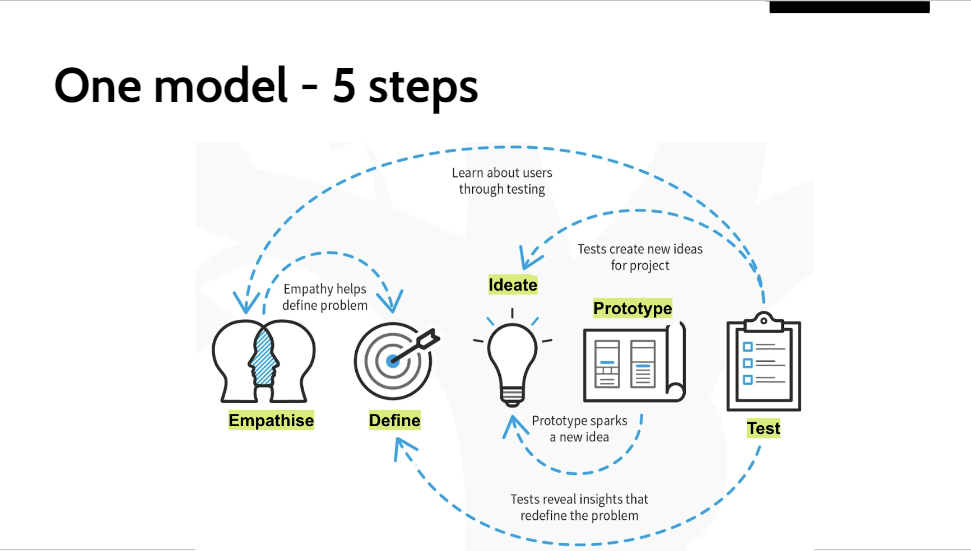“What matters most”. Making a difference for young people, with young people

Mez Jardiel shares her learnings from her 1.5-year journey with the Kailo Newham project…she’s loved it!
Where do I even start?! For the last 1.5 years, I had the pleasure of joining the UCLP Mental Health team to deliver the Kailo project in Newham, wearing multiple hats: Project Manager, Designer, Facilitator and a mentor to our young community researchers, to name a few. Since starting in January 2023, it has been a wild, and yet so rewarding, ride.
Kailo, which means “connected and whole”, is a five-year programme of research and design that works with local communities, young people and public services to understand and address contextually relevant social determinants of young people’s mental health. Kailo is a framework and approach that supports young people and local community partnerships to determine ‘what matters’ most in relation to promoting young people’s wellbeing in their local context, with Newham and North Devon serving as the pioneering locations for implementing this innovative framework. The approach then supports emerging partnerships to come together to co-create, test and scale strategies and approaches to make a difference. You can read more about our approach on our paper here.

As an initial team of four, we built on the initial scoping work during Early Discovery and continued to collaborate with local system partners and community organisations in Newham to identify and prioritise opportunity areas to improve adolescent mental health in Newham. Out of the eight key themes, two opportunity areas were taken into Deeper Discovery for further exploration and ideation.


To ensure our design and approach are truly youth-led and community-led, we recruited two amazing young community researchers (Tanya Tew-Gunner & Amelia Ahmed ) to join our Kailo Newham team. We have also partnered up with amazing community organisations to drive our mission. It seems only yesterday that we had our kick-off meeting!

Utilising the Double Diamond approach and McKercher’s principles of co-design, we ran fortnightly “small circle” co-design sessions with young people as part of the Deeper Discovery phase. For the past six months, I spent my Wednesday evenings with passionate young people who were all highly motivated in making Newham a safe and welcoming place for young people.
We had our last small circle session with the Activities for Wellbeing group the other week, and I wish there were enough words in the English vocabulary for me to describe the amount of pride and joy I felt in witnessing the evolution of their personal character. The sense of pride I experienced as I watched these young individuals present their ideas to community partners is a memory I will always cherish. We are still in the process of translating the outputs from the sessions into materials that can easily be shared, but I truly can’t wait for you to see what passionate and driven young people can do to help their community.
Here’s our mandatory group photo to celebrate our last session, with a cheeky selfie to prove that I am still young (even if it is just at heart)!


As I wrap up this chapter, I would like to build on my initial reflections:
The power of young people’s lived and learned experiences
From the outset, our aim has been for our co-design approach to be led by youth, ensuring that the outputs of the Deeper Discovery phase accurately reflect the challenges encountered by young people in Newham. In our small circle sessions, we have constantly been reminded of how crucial this was, especially when discussing topics that only young people with firsthand experience can connect with. Coming in with our own biases and initial assumptions, it was clear that our perspectives were limited until we heard directly from those who had lived through it. Their insights challenged our preconceptions and broadened our understanding, highlighting the importance of diverse perspectives in addressing complex issues.
So we know it is important to have them in the room, but how do we make sure they are able to join? As a young person, there are many constraints in their ability to actively engage with initiatives such as Kailo, albeit not due to the lack of enthusiasm or interest. Our group has identified financial, cultural and time constraints as the key barriers to engagement. In response to this, we came up with a setup that helps reduce these barriers:
- After-school session -Our small group gatherings kicked off at 5 pm, with the initial half-hour reserved for eating and catching up with everyone. This provided a nice break between wrapping up school and diving into our Kailo sessions.
- Direct cash payments rather than vouchers – Prior to this project, I viewed voucher reimbursements as equivalent to cash. However, through this experience, I learned how vouchers can serve as a means of control by limiting what individuals can use their reimbursement for. Therefore, working with our lovely colleagues from the UCLP PPIE team, we were able to set up direct cash payments to our young people to honour their time.
- Working closely with our community partners – Our small circle sessions coincided with winter, so sometimes we started and finished when it was already dark outside. Understandably, some parents/relatives were worried about their young people staying out late. To alleviate some of their worries, we worked very closely with our community partners to provide the necessary support to ensure the safety of our young people.
- Adapting flexible session timings – Our small circle sessions also coincided with Ramadan. To accommodate this, we adjusted our session timings so that dinner time coincides with Iftar, allowing everyone to enjoy dinner together.
If I had the chance to do this again, I would have included the young people in planning our upcoming session agendas and formats. While it made sense for us to take charge of the overall design to meet our goals, allowing them to shape and lead a portion of the session could have enhanced their skills, confidence, and leadership qualities. This would have been particularly beneficial considering that some of them are gearing up to start their A levels.
Recognising power imbalance and proactively managing this
There is something quite humbling about being called “Miss” when I am convinced that it was only yesterday that I called my teachers that. However, it was a great reminder of the inherent “power” that we as “adults” in the room have in the eyes of the young people. This was something we constantly had to remember as we delivered the sessions, and as much as possible, empower the young people by giving them the agency to make autonomous decisions. This was particularly important, especially since the small circle sessions were after school. We wanted to make these sessions fun, not feel like a chore!
Whilst having Amelia as one of our Young Community Researchers was a delight in itself, her own lived experiences deeply resonated with the young people in the group and helped foster genuine connections and trust. This helped break down some of the hierarchical barriers typically present between adults and young people, creating a more inclusive and collaborative atmosphere. It also helps that I cannot take myself too seriously – something that some of the young people sussed straightaway! – so the banter within the group provided a really fun experience to everyone involved.
Mutually beneficial relationship
Our collaboration with young people has fostered a mutually beneficial relationship. For our young people, it’s been a journey of capacity building, where meaningful engagement has honed their skills, boosted their confidence, and nurtured their leadership potential. This process isn’t just about personal growth; it’s about shaping them into active citizens, ready to make meaningful contributions to their communities.
On our end, this partnership has granted us a deeper understanding of the challenges young people face daily. By immersing ourselves in their experiences, we have gained fresh insights into what it’s like to walk in their shoes. This newfound perspective has equipped us with the knowledge and empathy needed to ensure that their voices are not only heard but also elevated within wider systemic discussions. Together, we are bridging gaps, breaking down barriers, and paving the way for a more inclusive and supportive environment for all.


